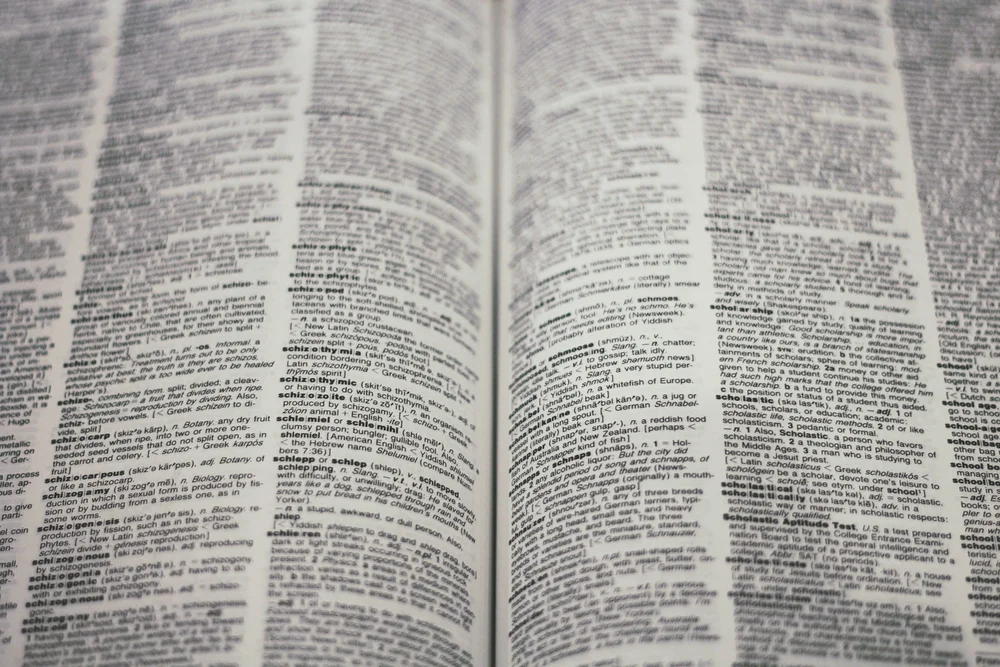What is Technical Translation and When is it Needed?
In short, technical translation is the process of translating a text into another language. These documents can range in size from simple explanations to 300-page anthologies. They require a specific type of translator, who has expertise in the subject matter. Their task is to convey the same tone and complexity of the original text, without sounding patronising. You can also hire a translation agency to do so.
Technical translators are subject-matter experts
Technical translation requires expertise in a particular field. Subject-matter experts have experience in the subject area, and they can ensure the accuracy and quality of the translation. They can guide a translator through technical documentation, and they have access to the knowledge and resources to answer questions. This can save both time and money.
Technical translation is an integral part of any localization project, as SME translators understand complex processes and know how to make content more understandable to specific target audiences. For example, a pharmaceutical company needs a technical translation for an international patent application. The document will contain scientific product information, and if the translation is not done properly, the application may be rejected. In the worst case scenario, it could waste time and money on a translation that is not accurate.
They are linguists
Technical translators are linguists with specialized skills in the translation of technical texts. They translate written documents and rewrite them in the target language, following strict ethical standards. They may also be called on to resolve disputes regarding the interpretation of documents. They must have a strong knowledge of both the source and target language.
Technical translation is difficult because it requires a high level of technical knowledge. It can cause liability for a company if a translation contains a language error. The resulting document can lead to people following incorrect guidance, leading to damages. As such, technical translators need to have a strong technical background and knowledge of the target language.
They have a theoretical understanding of the subject matter
Technical translators are familiar with a specific subject area. They have a theoretical understanding of the subject matter and are familiar with its terminology. They also have a practical understanding of how the subject is expressed in various languages. Moreover, they are familiar with the terminology used in their fields.
In the 1980s, only 10.7% of the translations were technical, as compared to 3.5% for general documentation. Today, the proportion of technical translations is rising rapidly, with more publications addressing the subject matter than in the past. Some of the most popular domains include medical, business, and IT. The other most popular areas are teaching, documentation, and professional issues.
They must have a native-level understanding of the target language
Technical translators must have a strong understanding of both the source and target language in order to deliver accurate results. Even native speakers aren’t guaranteed to be proficient in the target language. To be successful in this field, a translator must not only understand both languages, but also have a good understanding of the culture of the target language.
Translation is a complicated process, which requires that a translator understands both the source and target languages. While having a deep knowledge of the source language is necessary, a native-level understanding of the target tongue is even more important. This will ensure that the translated text conveys the same meaning as the source text.
They must be excellent writers
Technical translators must have excellent writing skills and know the technical world well. Besides knowing both languages, they must also be adept at conveying the same tone. Although there are many writers who speak more than one language, technical translations require writers with a particular set of technical knowledge. They must have the ability to create precise translations by conducting research and studying the subject matter.
Technical translations must adhere to a strict code of ethics. These translators interpret written texts and rewrite them in the target language. Their work may also involve resolving disputes that arise during the process of translation.
They must have industry experience
In order to succeed in this job, a technical translator must have specific knowledge of the subject they are translating. They should be certified in localization and have a background in the particular industry in which they work. They must also be up-to-date on new terminology and use specialised texts.
The experience gained in the industry is essential as every industry has its own terminology. For example, a technical translator who has experience translating medical documents will have more knowledge about the medical terminology that is used. A translator who has knowledge of the medical system and legal systems will be more appropriate for this type of work.




